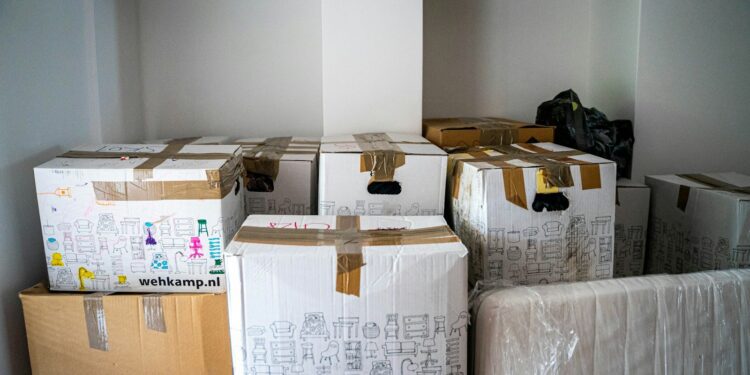Kim Cayes, a 67-year-old resident of Parsippany, New Jersey, had planned to sell her four-bedroom house to finance her retirement. She purchased the property for $245,000 back in 2000, and its current value is nearly $700,000. However, despite the substantial equity gain, Cayes is hesitant to move away from northern Jersey, where two of her three adult children reside.
Cayes is having difficulty locating a single-story residence priced between $400,000 and $450,000 that doesn’t demand extensive repairs or disrupt her community ties. “Imagining that I would spend my later years in a worse situation than I’ve ever experienced — it’s just incredibly disheartening,” she shares. “Particularly when my friends are busy traveling the globe with their partners and posting updates on Facebook all the time.”
In a similar situation, Dorothy Lipovenko, 71, and her husband have been living in their Montreal single-family home for almost 25 years.
They find the idea of downsizing overwhelming because of the steep prices of new condominiums and the dilapidated state of older houses. Lipovenko envisions a compact, single-story home in the suburbs but acknowledges the heavy emotional and physical effort this transition would entail. “It’s not merely about parting with belongings and moving into a smaller place; it’s about adjusting many aspects to synchronize with a new mindset,” she clarifies.
“I simply cannot envision my husband and I spending the remaining decades of our lives in a tiny apartment.”
On the West Coast, 60-year-old Andrea S. from Sherman Oaks, California, is grappling with her own predicament.
Currently residing in a one-story starter home with a roommate, she is uncertain whether she can continue living there. Having bought the home in 1994 for $245,000, its worth has now escalated to around $1.3 million. Andrea’s challenges also include recovering from a head injury due to a car accident, the financial impacts from the pandemic, and a downturn in Hollywood affecting her revenue streams.
She faces increasing repair costs for her home and is worried about losing her community that is walkable and has easy bus access. “If I can’t land a job that pays enough to cover my expenses, then I have to consider whether I should sell the house,” she points out, revealing her worries about finding budget-friendly housing that fits her lifestyle. As numerous baby boomer homeowners prepare for retirement, they are confronted with a new obstacle: even with climbing property values, identifying affordable homes suitable for downsizing has become ever more challenging.
Soaring real estate prices, elevated mortgage rates, and the limited supply of affordable housing are leaving many feeling stranded. These narratives mirror a widespread predicament experienced by numerous baby boomers striving to balance financial realities with the desired quality of living in retirement. With housing costs surging, many are left pondering if they will ever discover their ideal retirement home.


